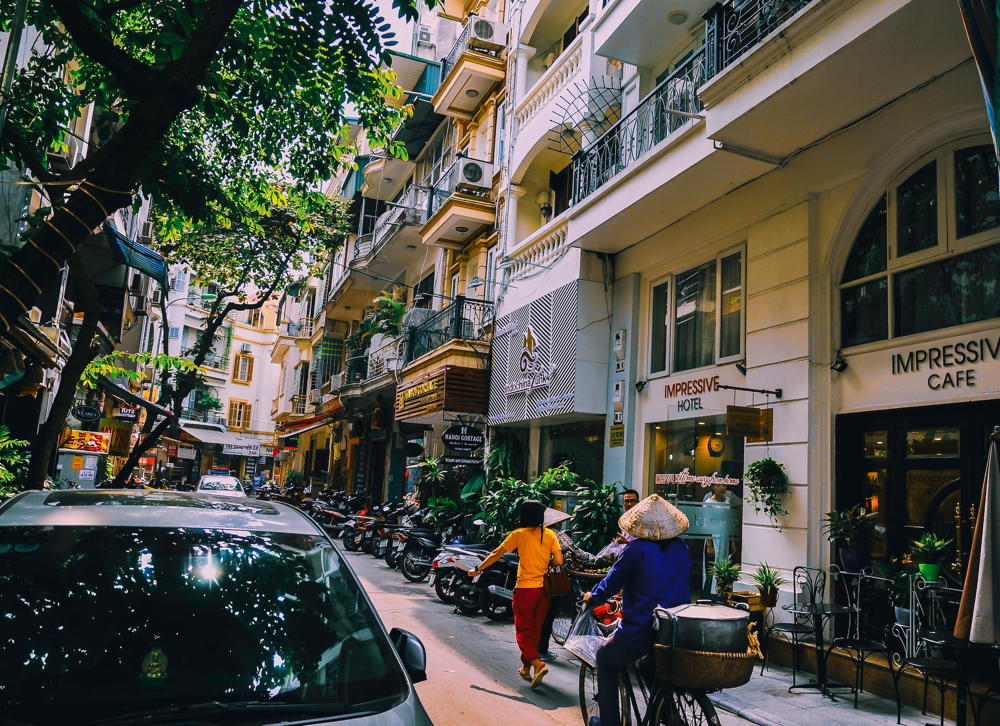

Image credit: Arnie Chou/Pexels
Samsung and other multinationals are reportedly pushing Vietnam to introduce a compensation scheme that would reimburse them for higher taxes expected starting on 1 January under new international tax rules.
The reimbursement programme would be a way for the multinationals to continue operating at low cost in Vietnam after the introduction of a mandatory 15 percent minimum tax rate, introduced as a global reform led by the Organisation for Economic Cooperation and Development (OECD).
Many of the multinationals that operate in Vietnam currently pay far less than that minimum, and Vietnam has agreed to effectively raise the tax rate to 15 percent to comply with the OECD rule.
Under the OECD regime multinationals that pay less in a low-tax jurisdiction face a top-up levy in their home country.
The Vietnamese plans for raising the tax rate and introducing reimbursements is intended to continue the flow of valuable foreign capital into the country, and to ensure that Vietnam remains an attractive investment opportunity, Reuters reported, citing an unnamed source.
Samsung Electronics and LG Electronics, both from South Korea, along with US chipmaker Intel and Germany’s Bosch were amongst half a dozen large investors who attended a meeting with government officials in April to push for compensations, according to Reuters.
As a result of the pressure the Vietnamese government is reportedly preparing a draft resolution that could be approved by Parliament in April offering partial compensations to large firms.
The proposed resolution would reportedly allow companies with large investments in Vietnam to receive hundreds of millions in after-tax cash handouts to support their manufacturing or research expenses.
Reuters said the cost of the planned measure is expected to amount to at least $200 million (£162m) a year, roughly matching the extra revenues from Vietnam’s higher tax regime.
Smaller firms that are not affected by the OECD tax regime may also receive handouts to reduce potential friction with OECD rules.
Samsung is the biggest single investor in Vietnam, employing 160,000 people there and producing half its smartphones in the country, which account for nearly one-fifth of the nation’s total exports.
Government data cited by local media said Samsung paid tax at rates ranging from 5.1 percent to 6.2 percent in the two northern provinces where it produces smartphones.
The OECD rules were intended to ensure large corporations such as Amazon, Apple, Facebook parent Meta and Google were paying their share of tax in international markets.
American space agency prepares for testing of Boeing's Starliner, to ensure it has two space…
As UK and Europe develop closer military ties, European Commission says it will invest €1.3…
Zuckerberg seeks to revive Facebook's original spirit, as Meta launches Facebook Friends tab, so users…
Notable development for Meta, after appeal against 2021 WhatsApp privacy fine is backed by advisor…
First sign of shake-up under new CEO Lip-Bu Tan? Three Intel board members confirm they…
Trump's nominee for SEC Chairman, Paul Atkins, has pledged a “rational, coherent, and principled approach”…